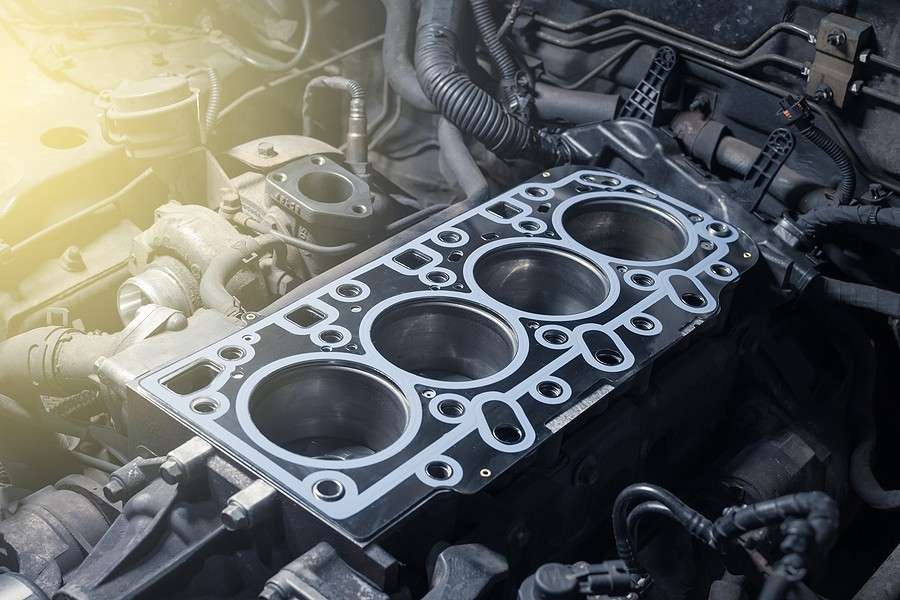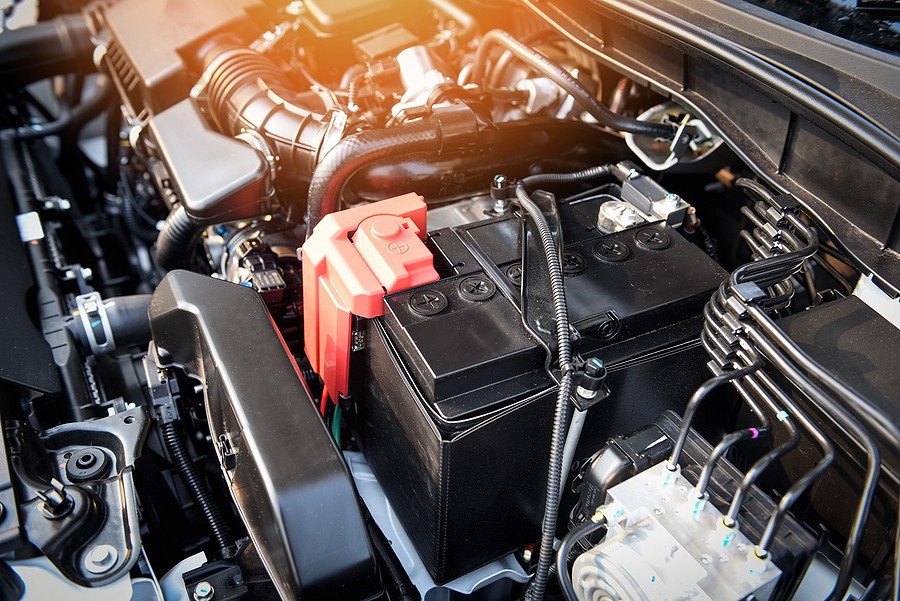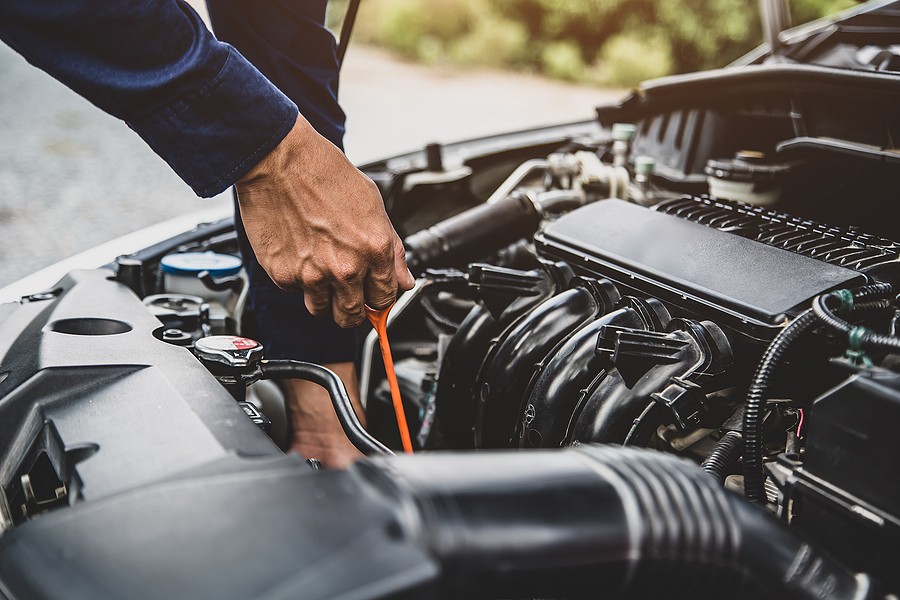Engine knocking, also known as pinging or detonation, is a knocking or pinging noise that occurs when the air/fuel mixture in the engine's combustion chamber is ignited in more than one place at a time. This can cause the fuel to burn unevenly, which can cause damage to the engine. Learn more about the engine knocking at low RPM!
Engine knocking is more likely to occur at low RPM, or revolutions per minute, because the fuel has more time to ignite and burn. This can lead to increased wear and tear on the engine, as well as reduced fuel efficiency and performance.
Causes of Engine Knocking at Low RPM
There are several potential causes of engine knocking at low RPM. Some common causes include:
1. Low Quality or Contaminated Fuel
Using low quality or contaminated fuel can lead to engine knocking. Low quality fuel may not burn as evenly as higher quality fuel, which can lead to knocking. Contaminated fuel, on the other hand, may contain impurities that can cause knocking or other issues with the engine.
2. Incorrect Fuel/Air Mixture
An incorrect fuel/air mixture can also cause engine knocking at low RPM. If the mixture is too rich, meaning there is too much fuel and not enough air, the excess fuel may not burn evenly, leading to knocking. On the other hand, if the mixture is too lean, meaning there is not enough fuel, the fuel may not burn properly, also leading to knocking.
3. Overheating
Overheating can cause engine knocking at low RPM, especially if the cooling system is not functioning properly. When the engine overheats, the heat can cause the fuel to ignite prematurely, leading to knocking.
4. Worn or Damaged Engine Components
Worn or damaged engine components, such as spark plugs or pistons, can also cause engine knocking at low RPM. These components may not be functioning properly, leading to uneven burning of the fuel and knocking.
How to Diagnose and Fix Engine Knocking at Low RPM
If you suspect that your vehicle is experiencing engine knocking at low RPM, there are several steps you can take to diagnose and fix the problem.
1. Check the Fuel Quality
One of the first things you should do is check the quality of the fuel you are using. If you are using low quality or contaminated fuel, switching to a higher quality fuel may help to resolve the knocking issue.
2. Check the Fuel/Air Mixture
Next, you should check the fuel/air mixture to ensure it is correct. You can do this by using a fuel pressure gauge or a fuel pressure tester. If the mixture is incorrect, adjusting it to the proper ratio may help to resolve the knocking issue.
3. Check the Cooling System
If the engine is overheating, this could be causing the knocking. Make sure the cooling system is functioning properly and that the radiator and cooling fan are working properly.
4. Check Engine Components
If none of the above steps have helped to resolve the knocking issue, you may need to check the condition of the engine components. This may include the spark plugs, pistons, and other components that may be worn or damaged. Replacing these components may help to resolve the knocking issue.

How much does it cost to fix an engine knocking at low RPM?
The cost to fix engine knocking at low RPM will depend on the cause of the knocking and the necessary repairs. In some cases, the cost may be relatively low, such as if the problem is caused by low quality fuel or an incorrect fuel/air mixture. In these cases, simply switching to higher quality fuel or adjusting the fuel/air mixture may be enough to resolve the issue.
However, if the knocking is caused by worn or damaged engine components, the cost to repair the issue may be significantly higher. Replacing spark plugs, pistons, or other engine components can be expensive, and the cost will depend on the make and model of your vehicle as well as the availability of the necessary parts.
It's also worth noting that if the engine knocking at low RPM is left unaddressed, it can lead to further damage to the engine and potentially even engine failure. This can be much more costly to repair, as it may require a complete engine rebuild or replacement.
In general, it's a good idea to take your vehicle to a mechanic or dealership as soon as you notice engine knocking at low RPM, as this can help to minimize the cost of repairs and prevent further damage to the engine.

Conclusion
Engine knocking at low RPM can be caused by a variety of factors, including low quality or contaminated fuel, an incorrect fuel/air mixture, overheating, or worn or damaged engine components. To diagnose and fix the issue, you should check the fuel quality, fuel/air mixture, cooling system, and engine components.
It's important to address engine knocking at low RPM as soon as possible, as it can lead to significant damage to the engine if left unchecked. Knocking can cause increased wear and tear on the engine, reduced fuel efficiency and performance, and may even lead to engine failure if not addressed.
If you are experiencing engine knocking at low RPM, it's a good idea to take your vehicle to a mechanic or dealership to have it properly diagnosed and repaired. A mechanic will be able to identify the cause of the knocking and recommend the appropriate repairs.
In some cases, engine knocking at low RPM may be covered under the manufacturer's warranty, so it's important to check your vehicle's warranty before paying for any repairs out of pocket.
It's also a good idea to be proactive in preventing engine knocking at low RPM. This may include using higher quality fuel, maintaining the fuel/air mixture, keeping the cooling system in good working order, and regularly servicing and replacing worn or damaged engine components.
By taking these steps, you can help to ensure that your vehicle's engine is functioning properly and that you are getting the best fuel efficiency and performance possible.



